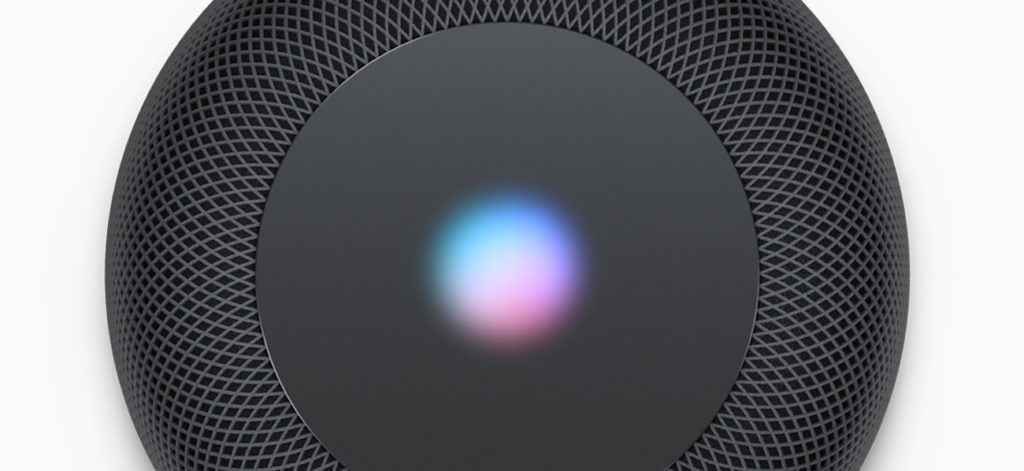Europe is investigating Siri and others for evidence of antitrust

A question of source
What’s the word for a system in which all the answers must first pass through some form of censor, even if that censorship is well-meaning?
Unexpected consequences
In theory, Siri as an intelligent assistant was a fantastic idea. It would find the answers to your questions and help you with your life. In future it would develop the kind of intelligence it needs to answer questions you didn’t already know you even had, to help you with your life.
Except for one big flaw.
Who chooses the data it uses? Who can track it? Who keeps it? Traces it, or listens to it?
And what happens in the Tower of Jezebel Information as a Business Age when some entities want to pay for or twist the source information system in order to actually mentally influence the way you see the world?
That’s not even saying too much:
Cambridge Analytica, the Snowden revelations – even news that voice assistants are listening in on otherwise innocent conversations should surely give us all some food for thought.
And within this scary new era it’s important to note that Siri is one of the better ones – at least it inherently tries to protect privacy and says it doesn’t sell your data to others. If you’re smart about smart speakers these days, you must also check their privacy T&Cs.
Too complicated
That’s too much for most of us to wade through.
It’s not (most of the time) as if these terms and conditions are spelt out in any human language, just some metalanguage legalese that really doesn’t cut through for most of us.
Given the effort most smart assistant makers put into ensuring their products do cut through into their target market, you’d imagine they’d make it easier for those targets to understand what’s at stake.
Some do, others less so.
Making information available but complex to comprehend is the same as hiding the bean under that third cup in the shell game – the magic has already happened and you don’t know where the prize is.
Europe is looking
Europe is looking at this now.
It’s investigating Siri, Google, Amazon and all the other digital assistants in order to understand and regulate the extent to which these forces are becoming gatekeepers to the digital economy.
Think of it this way – those who decide the sources of the answers also get to define the impact of asking the question.
That’s a business opportunity to those same forces that have otherwise figured out how to take local businesses and turn them into international opportunity. The effect, usually, being the removal of the money from local economies into some kind of multinational fiscal entity. Without that money, communities erode.
“EU competition regulators are seeking information from 400 companies to establish if there are problems in the market for voice assistants such as Alexa and Siri and other internet-connected devices that could lead to antitrust cases,” Reuters reports.
These are important questions.
To understand some of the impacts of them, why not read Alan Moore’s Watchmen? (Affilate link).
What’s at stake is the transmutation of multiple voices and sources of information into a handful of sources of such data, all held under strangely unaccountable private control. The complete reversal of an information society.
Suggestion: It might help if you could decide which sources of information your voice assistants and other search machines would prioritize.
Please follow me on Twitter, or join me in the AppleHolic’s bar & grill and Apple Discussions groups on MeWe.




